The third event in the MRI Anniversary Lecture Series took place this month, celebrating 20 years since the MRI Coordination Office was founded in 2001. This series aims to showcase MRI synthesis workshop research and build capacity in the mountain research community.
Invited speaker Ignacio Palomo is Laureate of the Make Our Planet Great Again (MOPGA) Research Program at the French National Center for Scientific Research (CNRS). He is based at the University of Grenoble-Alps in France. His research focuses on human-nature interactions and nature-based adaptation to climate change in mountain social-ecological systems. He is part of the Intergovernmental Platform on Biodiversity and Ecosystem Services (IPBES) and a member of the Global Young Academy (GYA).
Global sustainability targets demand transformative changes towards sustainability, but empirical studies of large datasets that assess transformative change are scarce. During this lecture Palomo outlines how, through an MRI Synthesis Workshop, he and his fellow researchers developed a framework to evaluate how Nature-based Solutions (NbS) may contribute to transformative change. The framework enables the assessment of what may catalyse transformative change, how transformative change occurs, and what the main outcomes are. After applying this to 93 NbS from mountain social-ecological systems (SES) globally, the researchers found that NbS are as much ‘people-based’ as ‘nature-based.’ As Palomo outlines in his lecture, most NbS are based on four elements with transformation potential: nature’s values, knowledge types, community engagement, and nature management practices. He illustrates how the elements of the framework interact through a classification of NbS typologies, and stresses that the framework provides key components for assessing the effectiveness of NbS and allows the tracking of long-term transformative change processes.
The framework is outlined in the journal article ‘Assessing Nature-Based Solutions for Transformative Change,’ which was published in One Earth in May 2021.
View the lecture in full below:
You are currently viewing a placeholder content from YouTube. To access the actual content, click the button below. Please note that doing so will share data with third-party providers.
More InformationDownload the presentation slides here.
More information about the next MRI Anniversary Lecture can be found here.
Cover image by loic Tijsseling.


